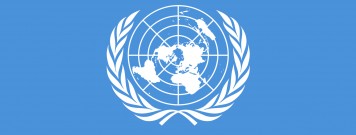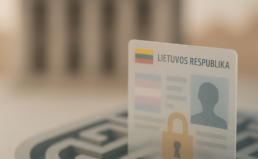The State delegation admitted that crimes of hate speech against the LGBT community in Lithuania have increased over the last several years. Currently, up to 80% of crimes of hate speech perpetrated online are targeted at the LGBT community. As such, protections based on gender identity should be included in all relevant non-discrimination and hate crime legislation. Specifically, the Committee pressed the State delegation to clarify and adopt legislation to allow transsexuals to fully complete the process of gender-reassignment. This should include surgery, as well as name and personal code changes. The Committee also repeatedly criticized legislation restricting the promotion of information the State considers detrimental to minors, specifically referring to information deemed by the State to be ‘in conflict with family values.’ The Committee suggested this legislation goes too far, and may be fueling discrimination against members of the LGBT community in Lithuania.
The Committee expressed grave concern about past demonstrations led by neo-Nazis, who openly displayed swastikas. Though the State referenced the freedom of assembly and insisted these images were merely 13th century medieval symbols, the Committee remained staunch in its disapproval of State-permitted demonstrations such as these. It reminded the delegation that the freedom of assembly and expression are not absolute rights, and must be managed by the State when they are in violation of human rights.
The Human Rights Committee questioned State policies on pre-trial detention, including whether said detention may be extended at the discretion of the prosecutor, and without the authorization of a judiciary. It criticized the State for its overwhelming reliance on pre-trial detention as a primary means of ensuring unhindered criminal proceedings, as opposed to utilizing more lenient measures such as bail or house arrest. Pre-trial detention is considered the strictest of these measures, and according to the Code of Criminal Procedure is to be used only as a last resort.
The broadcast of the review of Lithuania can be seen on the website of the Centre for Civil and Political Rights (CCPR Centre) and at treatybodywebcast.org.
For additional information on the review of Lithuania contact:
Lithuanian Gay League (LGL): www.lgl.lt / office@gay.lt
Human Rights Monitoring Institute (HMRI): www.hrmi.lt / hrmi@hrmi.lt
Centre for Civil and Political Rights (CCPR): www.ccprcentre.org / info@ccprcentre.org




